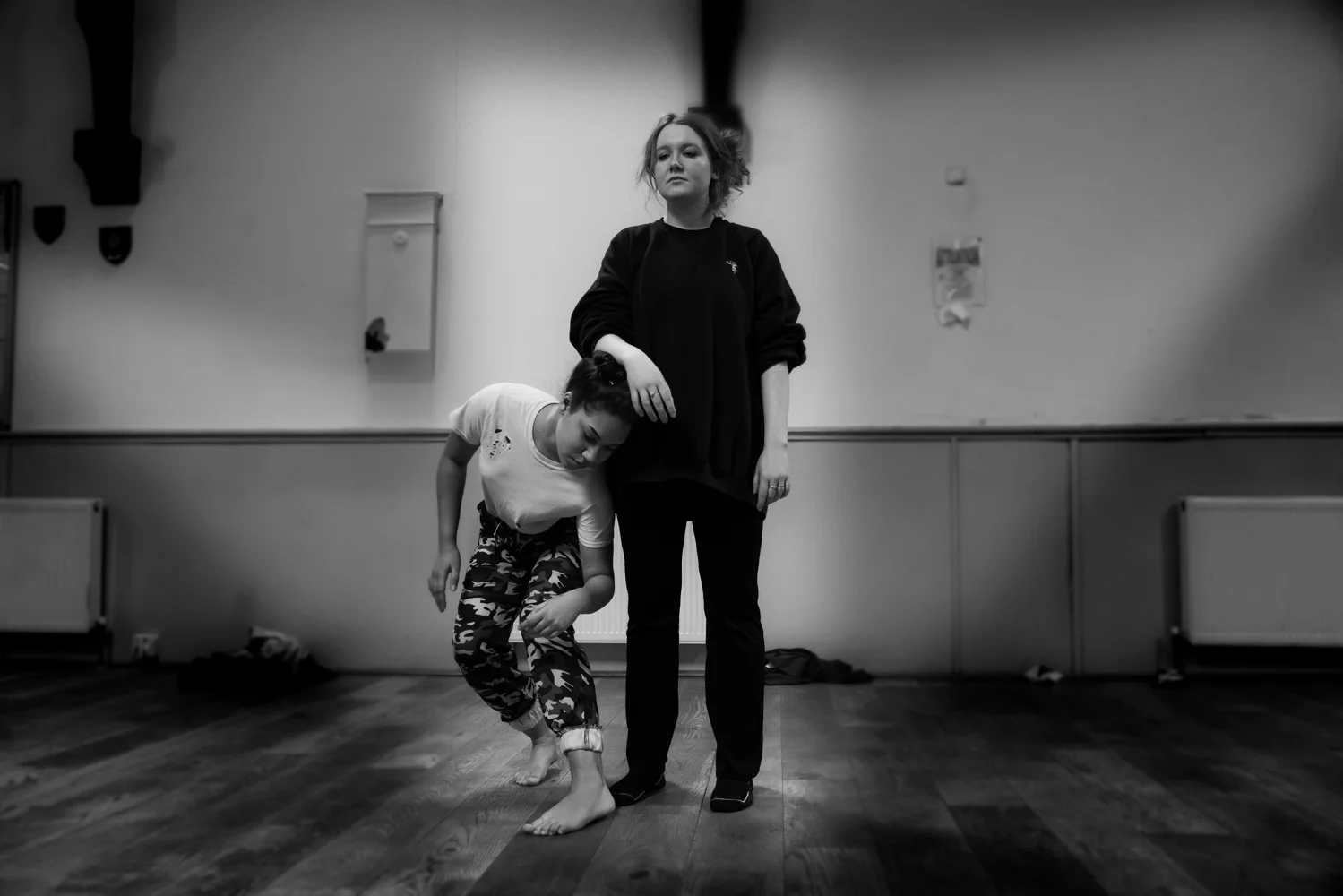At the start of a the latest residency, we were given a question to explore, which was along the lines of "what does TCFT mean to me- can we explain it or share it with others?”. A week or so later, I emailed my thoughts. When asked whether I would consider publishing them online, weeks of procrastination ensued from some unidentified place of hesitation.
We live in an age where ‘showing’ and ‘sharing’ our lives has surreptitiously changed the way we experience literally everything. If we didn’t share it on social media, did it even happen?
I automatically became quite silent online after suffering a mental health crisis- not because social media was a big part of the problem, although it is for many others. Whether I am struggling or thriving, I simply have lost interest in spending energy and resources in ‘sharing’ my life . But like all things, balance is necessary, because I now feel unable to write a blog, share a joke, or celebrate any kind of success without worrying that I look like I am seeking validation or attention. At what point did sharing my experience online become some sort of moral prostitution?
I don’t think that sharing a performance is necessarily a parallel process, but I think my internal struggle has worked out to be a pretty good metaphor (we’re good at finding those in theatre).
So what does TCFT mean to me, and can we share it with others? The theatre group, of which I was a part, worked with two directors on this, which introduced so many new factors into the rehearsal room. The "process" naturally took us in a different direction in order to address the challenges that came up in the workshops. So I think it became difficult to focus on the question. Although I found it a bit frustrating, I knew this was an opportunity for some bad-ass growth. I was able to discuss my difficulties with the group, and realised every participant had had a parallel experience. We decided that any performance would be a poor replication of such a specific and intimate process.
Because honesty and freedom are never forgotten priorities at TCFT, when sharing material feels dishonest, as it was for us, we are free to not perform. But when sharing becomes a part of the liberating process, you get the incredibly emotional and powerful performances that artists like Kenny and Billy gave- I don't think it would have been possible if either of them felt an ounce of pressure to get on stage.
The price of that freedom is that we are unable to pinpoint a consistent result or give absolutes. I would have thought that it is incredibly rare for artists to survive in Britain today without a 'service' or 'product' to sell. I think of TCFT as a truly democratic and egalitarian space that allows anyone to either pursue their purpose or find one- and all you have to do is ask. It feels free from the social restraints we experience is every other aspect of our lives- although I realise this is only thanks to the people who work through the system to get around it. I have met other extraordinary examples of this in opera. In my original letter, I concluded:
“I am sure none of this is massively insightful. I wanted to get across that I think there is still loads that can be achieved and gained by exploring the question you gave us. Maybe it question tells us more about the world around us and inside of us than it does about TCFT itself. Is that a bit clichéd?”
It was a bit clichéd, but a couple of weeks later, my vague prediction has worked out quite well. I have realised that there is nothing wrong with sharing when it makes you happy and when people ask for your news. Usually, this means calling my mother every time I get an exciting email, catching up with friends over coffee, regularly explaining what an ‘opera director‘ does to my nana, or babbling to the locals in the pub I work in for as long as they will let me. Freedom and honesty are two pretty good criteria for sharing- on any platform- and I won’t forget that in a hurry. Not that anyone asked.
by Robert Golden


